An open letter to all educators
Why schools should invest in environmental clubs and programs
Dear Educators,
The Amazon rainforest is burning. How does that impact me in Allen? Well, it may not physically affect me, but I know that it is horrible for our atmosphere. More importantly, if the Amazon keeps burning, it could disturb rainfall patterns here in the U.S. I know this because I learned about the Amazon rainforest in an after-school environmental club.
Environmental programs at school are integral to teaching students how to respect the environment and maintain a healthy lifestyle. Joining an e-club can be for everyone, regardless of their stance on environmental issues such as climate change. It can motivate them to change and make more environmentally conscious decisions, such as using a reusable water bottle instead of plastic.
Being a part of my school’s environmental club had a long-lasting impact on me as I grew up. Not only did I make many friends at the meetings, but it was also educational and made me excited to learn and be outside. One of my fondest memories of that club was when a beekeeper held a presentation on bees and beekeeping, which taught me how important bees are for our plants and food production. Learning about bees helped me to not be afraid of them since they are just doing their job pollinating plants.
Additionally, the yearly creek cleanups made my 8-year-old self feel like I was helping the Earth, even if I only picked up a few pieces of trash. As I got older, I became more involved in E-Club. In sixth grade, at Earth Fest, I led nature walks through a small part of the Dayspring Nature Preserve and eventually led creek cleanups with the current president of the schools e-club.
Having a program like this enriched my elementary experience and helped me learn to care for the environment as well as how important recycling is. One year, the club went on a field trip to the Community Waste Disposal Processing Plant in Irving. It was interesting and educational because I saw all the work that goes into separating recyclable materials from trash. I had no idea how smelly and messy the recycling process was until I went on this tour. I never knew how complicated the sorting process was and it gave me a greater appreciation for the workers dealing with all the tons of material.
The only way environmental clubs can survive is through proper funding, amazing volunteers and sponsors who are passionate to teach students about the natural world around them. Funding is crucial in order to build long-lasting projects that encourage growth and serve as an educational lesson for students. Because of grants and funding from the PTA, Boon’s environmental club was able to build a butterfly garden and seven raised-bed vegetable gardens. Students in the club participated in basic gardening and learned how to grow healthy vegetables, which is a skill that can be used later in their lives. This wouldn’t have been possible if not for PTA funding and outside grants from State Farm, which played a key role in my exposure to gardening. That knowledge gave me the foundation to help my Mom with our own backyard vegetable garden. I would not have had the ability to learn how to plant and take care of a community garden if I wasn’t for the first-hand experiences and lessons I learned during my time in the environmental club.
I encourage the citizens of Allen to support environmental clubs. Doing so will enable students to be properly informed and mindful about the environment around them and promote educational activities that not only enrich a child’s understanding of the environment but help save it too. Parents and educators, if you want to benefit today’s youth, please consider creating an environmental program for your students to participate in and have an impact on our environment.
These types of programs empower students to begin caring for our planet in a positive, healthy, and much-needed manner. Environmental clubs can raise money to protect the Amazon rainforest by purchasing land and ensuring it won’t be developed or razed for farming. Small initiatives like this can promote change in our society and beyond. The citizens and educators of Allen should consider supporting more environmental initiatives to improve the environment and aid in teaching students healthy habits for the future.
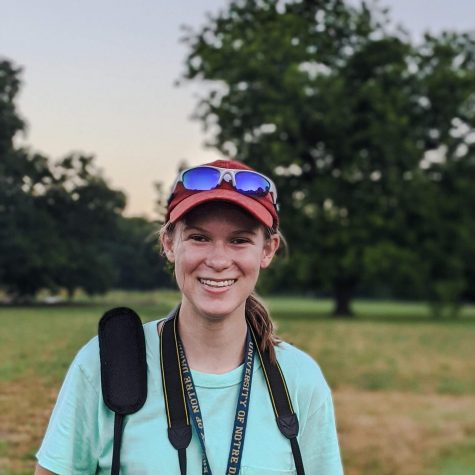
Senior Meghan Holloran loves music and anything Lorde. She enjoys playing video games in her spare time and taking photos. She is a member of UNICEF and...


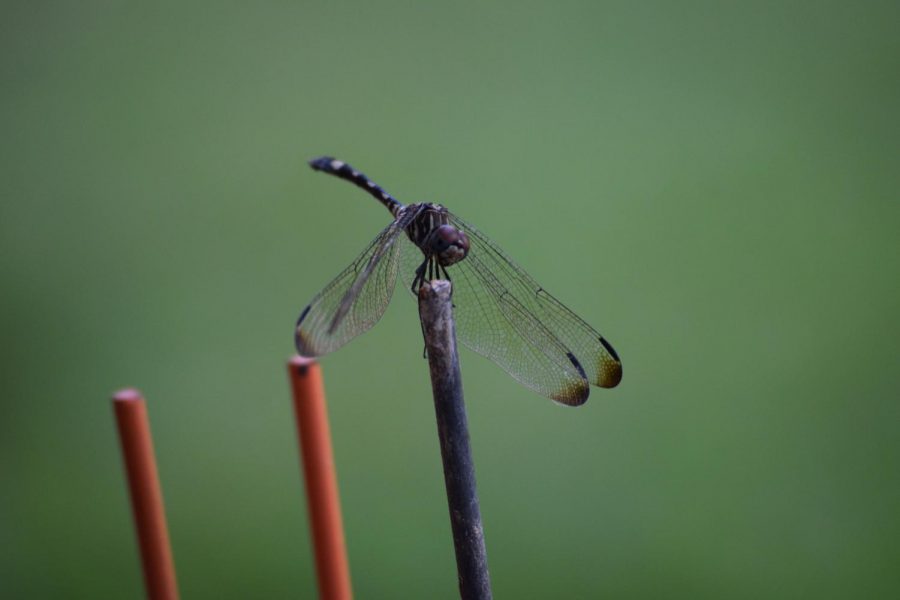
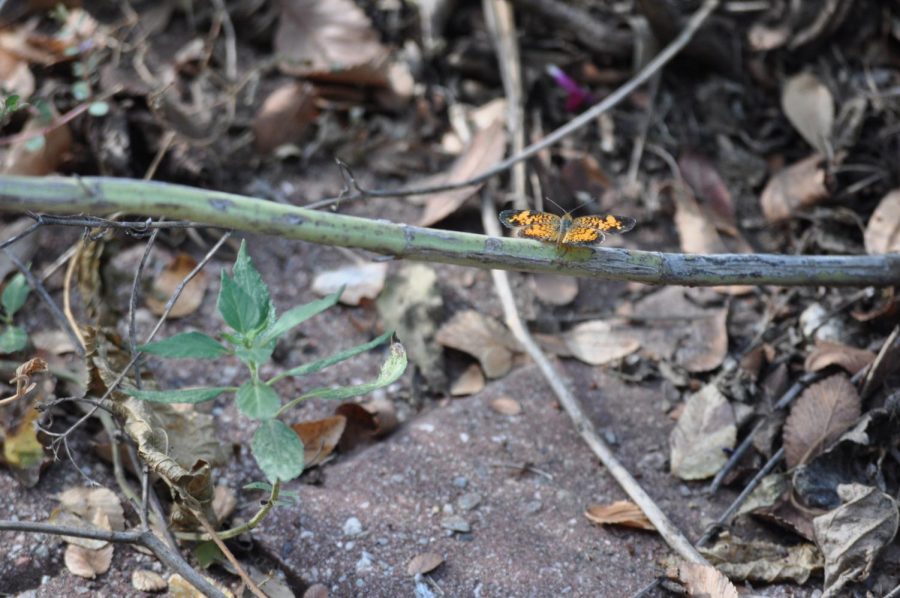

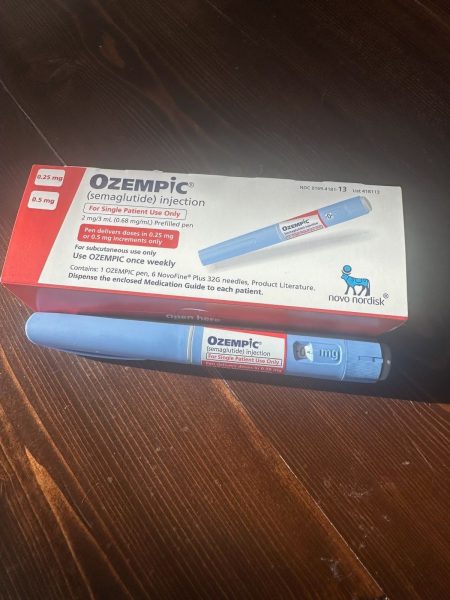
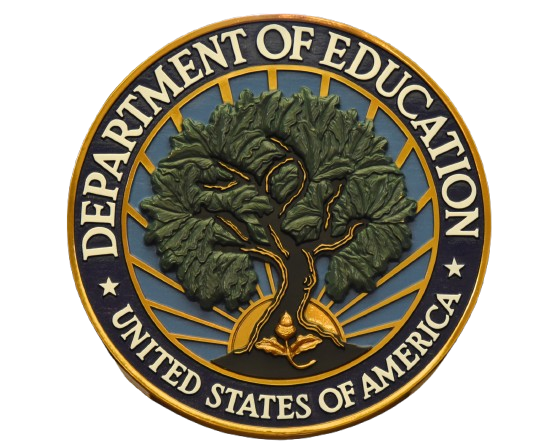
Avery • Sep 11, 2019 at 3:26 pm
I totally agree and excellent writing meghan